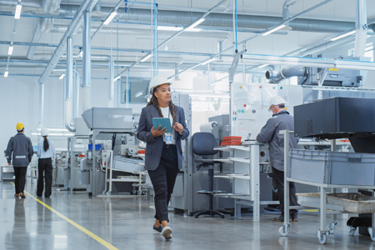5 Steps To Design A Microbiological Performance Qualification For Facilities

"5 Steps to Design a Microbiological Performance Qualification for Facilities" outlines a structured approach to ensuring sterile pharmaceutical manufacturing environments are contamination-free. The process begins with classification, defining cleanliness levels per area using ISO and other regulatory standards, which informs facility design and environmental monitoring strategies.
Next, the EMPQ protocol is drafted, utilizing a risk-based approach to identify critical sampling sites based on process steps, material flow, and contamination risk. Sampling includes viable/non-viable air, surface, and personnel monitoring. Repeated samplings and data analysis help establish and adjust routine environmental monitoring (EM) programs.
Step three involves evaluating cleaning procedures and utilities through chemical, visual, and microbiological assessments. Collected isolates from EM help determine if objectionable organisms are present, prompting a need for disinfectant efficacy validation.
The fourth step, Disinfectant Efficacy Studies (DES), tests disinfectants on representative surfaces against environmental isolates. Matrix components include disinfectants, surfaces, contact times, and organisms. Studies must align with USP <1072> and PDA guidance, considering worst-case scenarios like storage and dilution impacts.
Finally, continuous trending and improvement is critical. Ongoing EM data should be trended to detect shifts, and efficacy testing must be repeated biennially or after changes to disinfectants. Proper root cause analysis and corrective actions support sustained control.
The document emphasizes proactive planning and adherence to regulatory expectations as key to maintaining sterile conditions in pharmaceutical facilities, with Eurofins offering comprehensive support throughout the EMPQ lifecycle.
Get unlimited access to:
Enter your credentials below to log in. Not yet a member of Pharmaceutical Online? Subscribe today.
